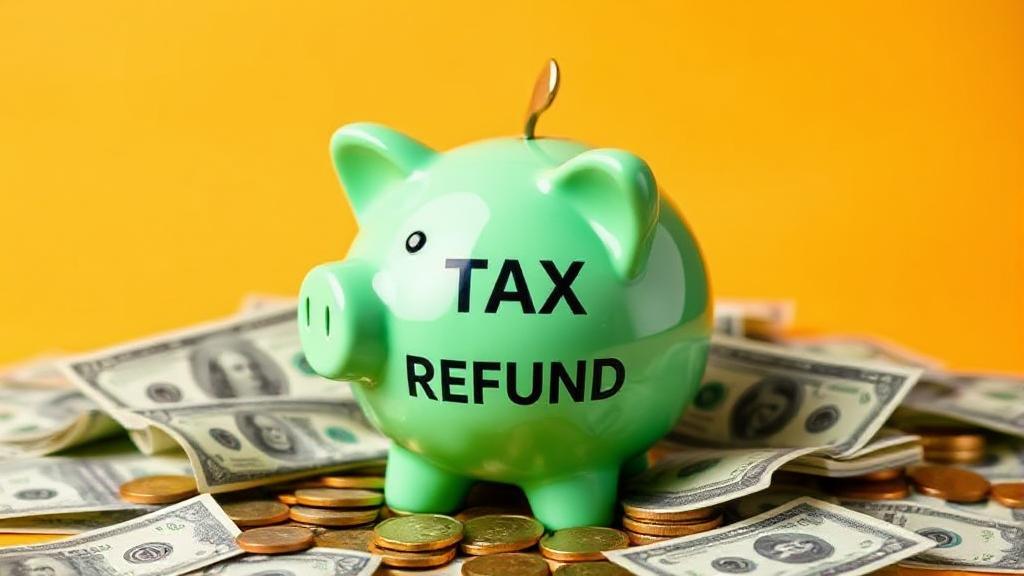Smart Ways to Use Your Tax Refund
Receiving a tax refund can feel like a financial windfall, and while it's tempting to spend it on something fun or frivolous, using your refund wisely can have long-term benefits for your financial health. Here are strategic ways to maximize the value of your tax refund.
1. Pay Down High-Interest Debt
One of the most financially savvy moves is to tackle high-interest debt, particularly credit card balances with average APRs exceeding 20%. Consider focusing on:
- Credit Card Debt: Paying off credit card debt provides a guaranteed return equal to your interest rate
- Student Loans: Making extra payments reduces the principal balance
- Personal Loans: Additional payments decrease total interest paid
For more information on managing debt, visit the Consumer Financial Protection Bureau.
2. Build an Emergency Fund
Financial experts recommend maintaining 3-6 months of living expenses in an emergency fund. Consider these options:
- High-yield savings accounts
- Money market accounts
- Short-term certificates of deposit (CDs)
Benefits of an Emergency Fund
- Peace of mind from having a financial cushion
- Avoiding debt during unexpected crises
For tips on building an emergency fund, check out NerdWallet's guide.
3. Invest in Your Future
Retirement Accounts
- Traditional IRA
- Roth IRA
- 401(k) if your employer offers one
Education and Self-Improvement
- Professional certifications
- Online courses
- College savings through a 529 plan
- Skills advancement for career growth
For more on investment strategies, visit Investopedia.
4. Home Improvements
"The best home improvements aren't always the most expensive ones. Sometimes, small changes can make a big difference in both home value and comfort." - National Association of Realtors
High-ROI Projects
- Energy-Efficient Upgrades: Installing energy-efficient windows or HVAC systems
- Kitchen Updates: Often valuable for resale
- Bathroom Renovations: Strong return on investment
For ideas on home improvements, see HGTV's home improvement section.
5. Create Multiple Income Streams
Consider establishing passive income sources:
- Dividend-paying stocks
- Real estate investment trusts (REITs)
- Peer-to-peer lending platforms
- Small business ventures or side hustles
6. Health and Wellness Investments
Investing in your health can reduce future medical expenses:
- Annual medical check-ups
- Dental work
- Quality exercise equipment
- Meal planning services
Remember that combining strategies often works best. Consider allocating:
- 50% to debt reduction
- 30% to emergency savings
- 20% to investments or personal development
If you're in a stable financial position, consider using a portion for charitable giving through Charity Navigator. While receiving a refund feels good, remember that it means you've given the government an interest-free loan. Consider consulting a tax professional to optimize your withholdings for the coming year.
